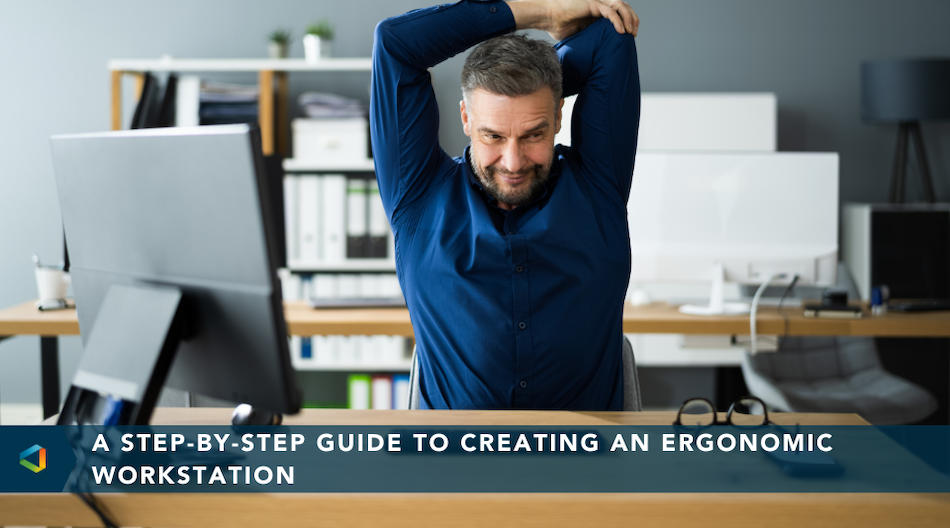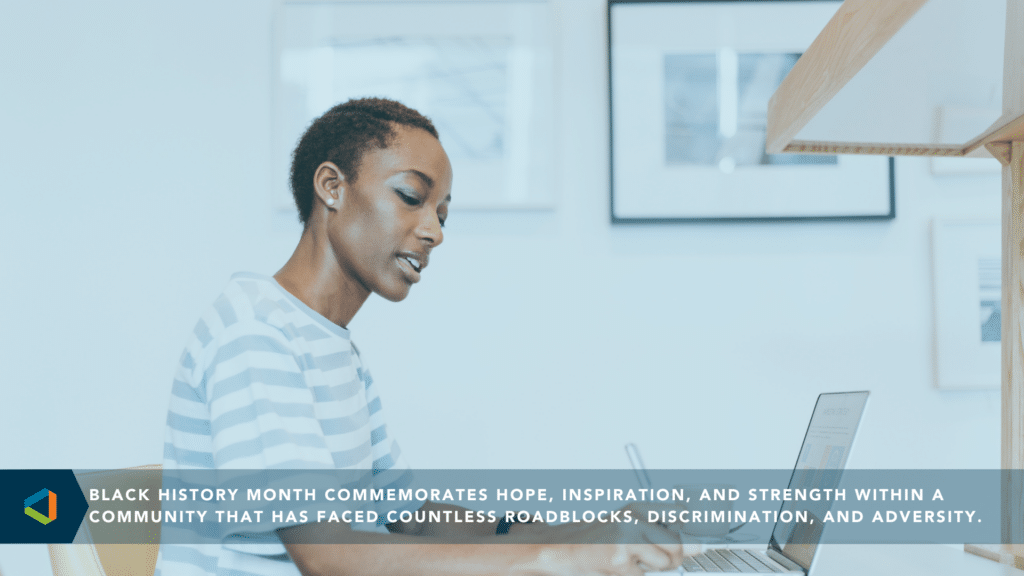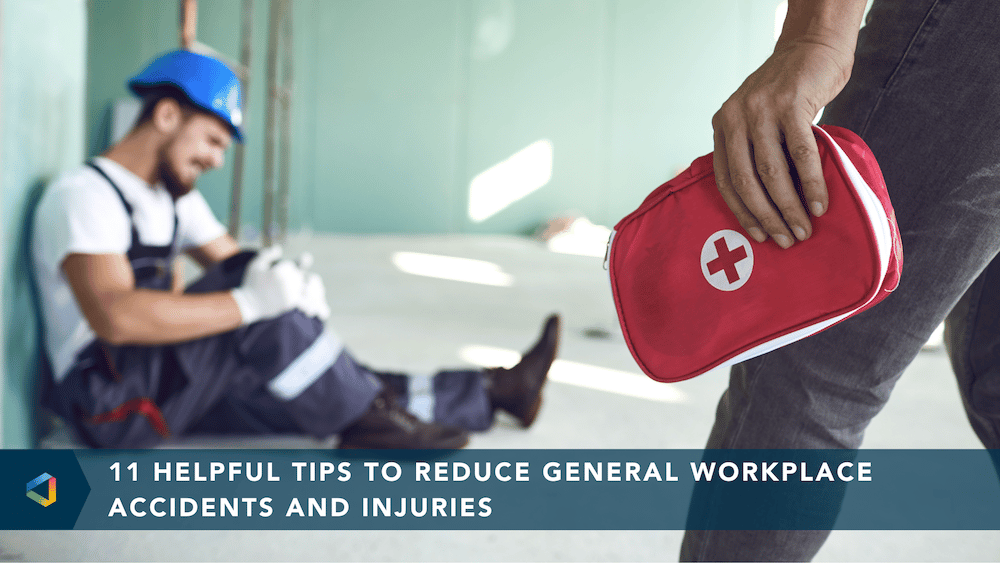Pain and stress can end up causing physical, mental or emotional issues.
Often this physical or emotional pain significantly impacts our health, happiness and overall quality of life. Learning how to relax can lessen the impact that this pain has on your life.
The Pain Cycle
Perhaps the first step to healing ourselves is learning to better understand how our body reacts to and deals with stress and pain. Once pain occurs, whether from an injury or other source, your psychological reaction to it can have a strong effect on its intensity and duration. For some people, pain can become a vicious cycle: pain causes anxiety and tension, and anxiety and tension cause more pain.
Many common health disorders, such as migraines, involve tension as a contributing source of the initial pain. By using relaxation techniques, one can release tension, greatly reduce certain types of pain and sometimes actually prevent the pain from occurring. Relaxation techniques, such as meditation and breathing exercises, are simple methods you can use to relax and break your pain cycle.
Meditation As Medicine
Meditation is an activity that can calm your mind and keep you focused on the present. In a meditative state, you can clear your mind of cluttered thoughts and memories. Studies even show meditation is effective in controlling anxiety, enhancing the immune system and reducing conditions such as high blood pressure, substance abuse and chronic pain. There are numerous kinds of meditative techniques, but concentrative, mindful and transcendental are the most common.
During concentrative meditation you focus your attention on a single sound, object or breathing pattern to bring about a calm, tranquil mind. During mindful meditation, you keep your mind aware, but you do not react to sensations, feelings or images going on around you. During transcendental meditation, you put your body at full rest but keep your mind fully alert, bringing about a deep state of relaxation.
Meditation actually makes your mind calmer and more focused. A simple 10 or 15 minutes of meditation can help you overcome stress and find some inner peace and balance.
Benefits of Better Breathing
Breathing is not only an important part of the meditative process, but used independently can be another effective self-help technique. Shallow or poor breathing contributes to many health disorders as well. Even though breathing is an automatic response, there are times when mentally adjusting the way we breathe can benefit our health and sense of wellbeing. For example, breathing deeply from your abdomen rather than your chest increases your oxygen intake.
Shallow breathing inhibits the release of carbon dioxide from your body, creating an imbalance that can contribute to poor health. By practicing proper breathing techniques, you can increase your lung capacity and energy levels, speed the healing process of many disorders, and relieve anxiety, insomnia and stress.
Want more wellness information? Download the latest Healthy People Wellness Newsletter!




